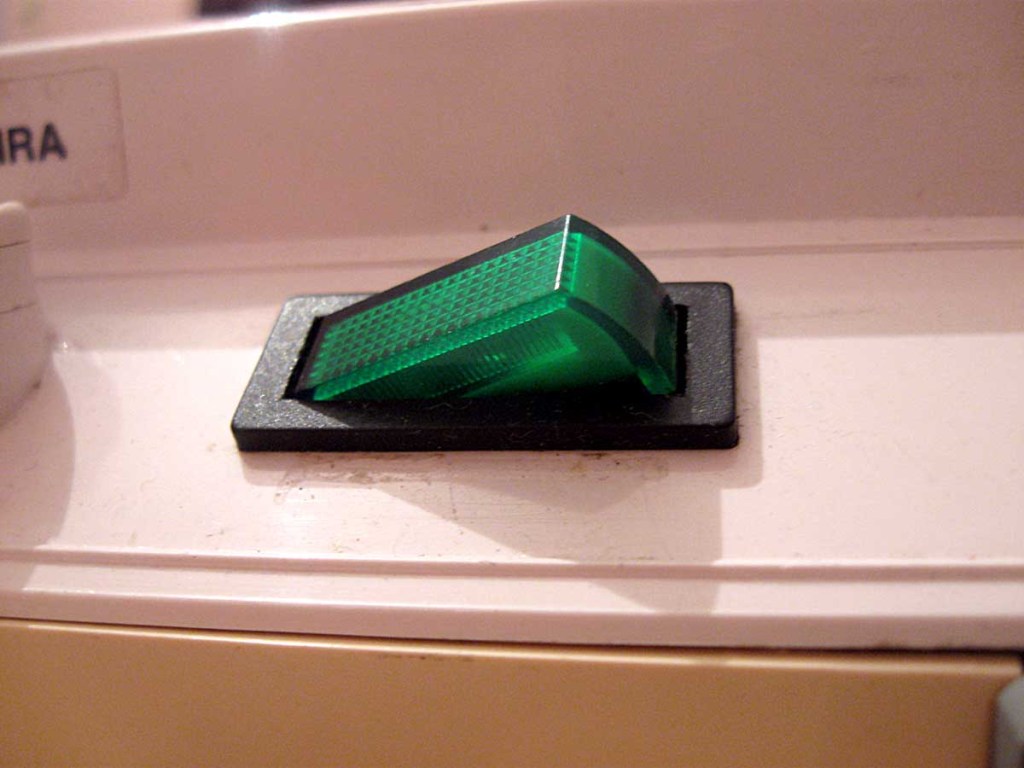5 groups of people most vulnerable during a power outage
Published 2:30 pm Wednesday, September 13, 2017

- MorgueFile
With Hurricane Irma finally coming to an end, millions of people in Florida, Georgia, North Carolina, South Carolina and Alabama are left without power. Although power outages can be inconvenient for many, for others outages pose serious and sometimes fatal threats. In a Florida nursing home, 6 residents died and 100 were evacuated after the facility lost power.
Authorities are investigating their deaths as possibly heat-related.
When a storm knocks out power and residents are left without electricity, David Yue, M.D. acting chief medical officer for US Department of Health and Human Services said many are left to deal with “serious issues,” and some are at greater risk than others.
1. The elderly
Following any natural disaster, older adults are a group that suffers due to the increased stress on their bodies. Some require breathing treatments, refrigerated medications, and dialysis. Without electricity, getting the proper care becomes a challenge. Some elderly are also heat tolerant, so dehydration caused by excessive sweating can become a bigger issue, according to Yue.
2. Those with Diabetes
People with diabetes use some medication requiring refrigeration. If left out of the fridge for an extended period of time the medication becomes less effective said Yue.
3. Those using mobility devices
Those using mobility devices to get around won’t be able to charge their equipment to travel and receive care Yue said.
4. Those on certain medications
Certain medications predispose people to overheating such as antihistamines– medication used for common allergy symptoms and psychiatric medications. Prolonged exposure to heat while taking some of these medications can cause heat exhaustion that may lead to a heat stroke, according to the CDC.
5. Those using medical machines
For those using medical machines like the ones used for dialysis, that have to be disinfected after each use, a loss of power could cause the machines to become contaminated– making the device unsafe, according to the FDA.
Identifying the populations at risk will helps states prepare for issues that come with natural disasters Yue said. Requiring education at the local level and requiring health care systems to form a patient-doctor relationship to educate at risk populations will better prepare states.
“We need to start at the basic level. We’d have a better response,” he added.



